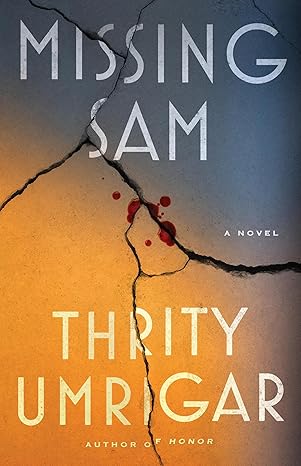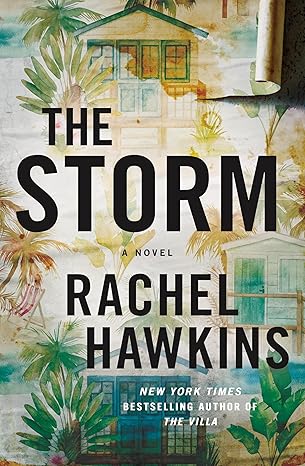3.5 Stars
This novel is set in 1869 on both sides of the India-Tibet border.
At this time Tibet was closed to Europeans, this policy of
isolation intended to preserve Tibet's culture, Buddhist traditions,
and political independence.
The novel follows
two European explorers venturing into the Forbidden Kingdom from
India. Fifty-year-old
Katherine, the illegitimate child of an English father and Indian
mother, can pass as Indian. She hires Mani, a young man, to pretend
to be her son as he guides her into Tibet. She intends to be the
first European woman to reach Lhasa and thereby perhaps secure a
place with the Royal Geographical Society. The other explorer is an
Englishman called Captain who, disguised as a monk, undertakes a
surveying expedition. He hires Balram, an Indian teacher who has
periodically worked as a surveyor for the British, to lead him into
Tibet where he wants to chart the course of a major river. Balram,
however, has his own agenda: he is intent on rescuing his friend
Gyan who went missing on a previous expedition and is rumoured to be
imprisoned in a Tibetan monastery. Both parties encounter various
obstacles on their treks: storms, bandits, soldiers, illness,
injuries, and wild animals.
I kept expecting the
two expeditions to meet, but there is virtually no interaction. I’m
not certain what the point is of two parallel stories that barely
intersect. Midway through the book, Katherine sees the captain but
“she hurried away, afraid he would look in her direction and see
her for who she was as clearly as she saw him.” This avoidance
creates some suspense, but a subsequent meeting is certainly
anti-climatic. In fact, the conclusion of the entire book is
unsatisfying.
Katherine and
Balram, the two characters whose perspectives are the focus of the
book, are well developed with interesting backstories. Katherine has
always felt like an outsider and this may account for her
restlessness. Haunted by her sister’s death, she is seeking
redemption and hopes to find it in Lhasa. Balram’s thoughts reveal
that he feels responsible for Gyan’s fate, that he is an inept
guide and an unsatisfactory father, especially to his son, and that
he has unresolved feelings for his friend. Though both he and
Katherine have positive qualities, I didn’t particularly like
either of them. Katherine’s treatment of Mani, her prejudices, and
her falsehoods in her journal don’t make her admirable. Balram
pretends to follow the Captain’s orders but is not above theft and
manipulation.
There are many minor
characters. Balram is in charge of a team of men who are
individually identified, but there are so many of them, it is
difficult to remember who is who. Each remains a flat character.
Then there’s Chetak, a mysterious figure who appears, almost like
an apparition, whenever his help is needed. He interacts with both
sets of travellers, but his motives are obscure. His behaviour
towards Katherine, because of his dislike of the English, is
particularly strange.
I was not enamoured
with the writing style. There are poetic descriptions of the
landscape: “Walking alone under clouds silvered by the sun, past
fields yellow with rapeseed and pewter mountains striated with snow,
he felt his heart beat to the rhythms of the world: the lapping of
the waves of a river, the wind whistling down hills, even the snorts
of a yak or the rustle of grass as a startled hare leaped toward its
hiding place.” Unfortunately I found that the many descriptions
really slow down the pace of the novel. Then there is the piling on
of sentences like “The captain invited . . . Chetak and the young
guide seemed . . . Samarth went to sleep. Balram looked up at the
sky.” When I read I visualize the action, but I had difficulty
doing that because the action sequences are described vaguely.
Of course there are
elements I enjoyed. I liked how Balram often imagines what his wife
or Gyan would say in reaction to something. I appreciated how the
discrepancies between Katherine’s journal and reality reveal her
character. Colonial attitudes, characterized by a sense of cultural
and racial superiority, are clearly emphasized in a way that cannot
but affect the reader. I also enjoy learning about Tibetan culture
and religious practices.
I loved the author’s
debut novel, Djinn Patrol on the Purple Line
(https://schatjesshelves.blogspot.com/2020/02/review-of-djinn-patrol-on-purple-line.html),
but was not as impressed with this one.
Note: I received an
eARC from the publisher via NetGalley.






